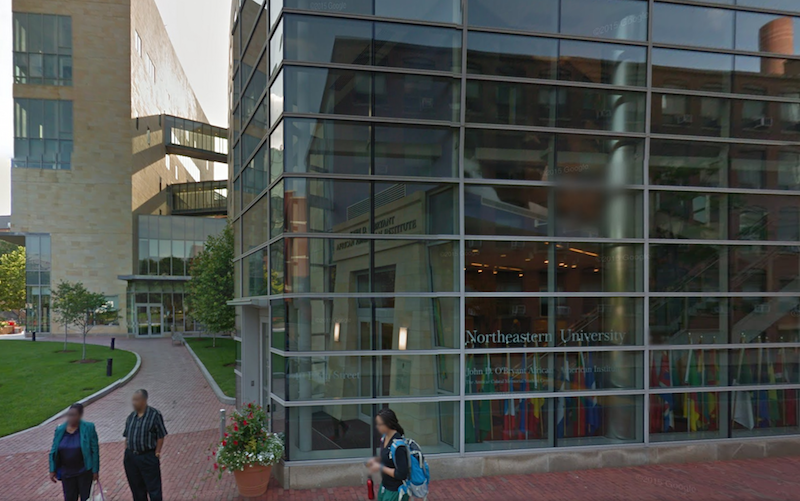By Cassidy DeStefano, news editor
University administrators will publicly unveil a plan to merge the Languages, Literatures and Cultures (LLC) and African American Studies (AAS) departments on Wednesday, April 6, according to current LLC chair Jose Buscaglia.
“This is a faculty initiative that has been in place since last semester, and it’s part of a much longer conversation that has been going on for the past five years,” Buscaglia said. He added that faculty support for the joint department is unanimous.
Buscaglia said that the resulting program, currently unnamed, will incorporate all of the existing majors and minors within the two departments under the general umbrella of global studies. Professors will propose two new majors – a Bachelor of Arts (BA) in Global Studies and Cultures and a BA in Latin American and Afro-Caribbean Studies – and three minors – Culture, Power and Colonialism (Africa, Asia, Latin America and the Caribbean), Violence, Racism and Human Rights as well as Development Studies and Human Security.
Still, rumors surrounding the changes have some students worried that the character of AAS will fade once the transformation is implemented. Senior sociology major Elijah Muhammad fears for the future of the department, already whittled down by a lack of faculty and resources.
“The department has seemingly been losing supplies and numbers throughout the years,” Muhammad, a double minor in AAS and religious studies, said. “I know from working in the department that the classes don’t often fill up. […] I think the reason for it shrinking is a general lack of support and also a lack of visibility.”
Senior political science major and international affairs minor Ashley Clerge, who has worked closely with Buscaglia through this process, agreed that AAS needs to be revitalized.
“Due to the lack of spark in AAS there haven’t been a lot of [students pursuing] majors,” Clerge said. “So hopefully with this new plan, we can revive interest and we can hire new people that are well-versed.”
Clerge received approval about a month ago to invite students to the April 6 discussion between administrative panelists and students in Renaissance Park. She spread the word by reaching out to campus hubs for minority groups, including the John D. O’Bryant African American Institute and the Latino/a Student Cultural Center.
“[Jose] wanted to say the news once they had their plans cemented and a course of action to take,” she said. “They will finish ironing out the details once the student input is taken into account.”
Buscaglia said he plans to address student concerns and dispel rumors surrounding the shift within the College of Social Sciences and Humanities at the meeting.
“The news here is not that any program or department is going to disappear,” he said. “It’s that we’re creating a new department that nobody else has done. It’s going to be fully invested in international education.”
Muhammad, who sought out colleges based on the presence of an African American studies program, stressed that the assets of the old program must carry over into the new department.
“I definitely think that for a university that is priding itself on its diversity and actively trying to find ways to make students of color feel welcomed on our campus […] there should be an intellectual component at the forefront that students who are interested in this can learn and have that sort of discipline,” he said.
Dr. Richard Wamai, an NU assistant professor of AAS, said that the tracks in each department will remain unchanged; the initiative is intended more to forge a connection between AAS and LLC, combining what he calls “restorative justice” with “cultural engagement.”
“If students are attracted to NU for its African American Studies major, that is going to remain exactly as it is,” Wamai said. “We are continuously thinking of ways to expand and innovate our curricula.”
Still, Clerge said she feels that even if logistics regarding majors and minors stay the same, the overall goal of the department will be brand new.
“I guess it’s seen more as a merging of departments maintaining their character,” she said. “But inherently things will change with this cross-collaboration.”















